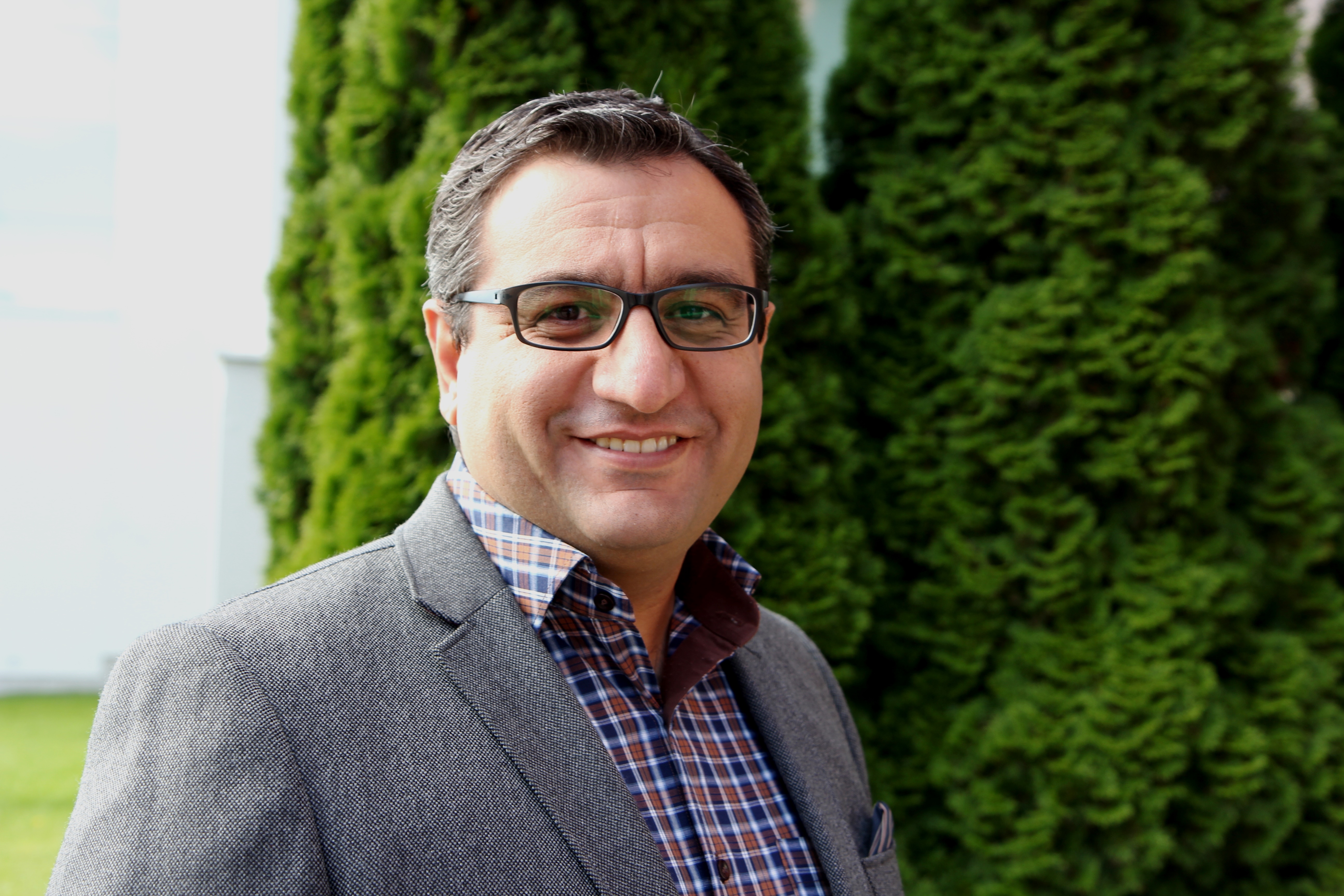Dissertation: Hierarchical control and energy balancing is obligatory for storage systems in ...


In recent years, due to the increasing costs of energy and the associated environmental concerns, the structure of the electrical power system has changed and power generation has shifted towards distributed generation using renewable energy sources such as photovoltaic and wind turbines. These sources can be integrated into the main network in the form of microgrids. Indeed, microgrids consist of a number of such distributed generations systems which organized together in a way that increases the system capacity and improves the power quality.
“The biggest challenge in such system is power management and stability due to the fluctuations on the both generation and demand sides. Indeed, the shortage of generated power should be supported with other energy storages and energy should be stored when the power generated exceeds the demand”, says Palizban.
Hierarchical control and energy storage system is a way to deal with these problems. Considering the capacity of energy and power, time of charging and discharging, and response time, the electrochemical storage (battery) can cover most of the applications in microgrid.
In Palizban’s dissertation the principle of hierarchical control for distributed generators and battery storage system is discussed and also a novel decentralized control method for controlling the microgrid is proposed.
“Since the energy level of each battery unit tend to be different the aim of the proposed method is energy equalization in battery storage units”, Palizban says.
When this proposed strategy is implemented, the storage unit with the highest energy level provides more power to support the load when the storage unit operates as a power supplier, and absorbs less power when the power generated exceeds the demand. The corresponding inverse proportionality also applies for battery with lowest energy.
In addition, over the last several years, efforts to standardize microgrids have been made, and it is in light of these advances that Palizban’s doctoral dissertation also proposed the application of IEC/ISO 62264 standards to microgrids and storage systems. The IEC/ISO 62264 standard is a hierarchical standard introducing five levels with different definitions and objectives. The target of the standard in each level is equivalent to the objective of each level in hierarchical control of microgrids and storage units.
Public defence
The public examination of M.Sc. Omid Palizban’s doctoral dissertation “Distributed Control Strategy for Energy Storage Systems in AC Microgrids: Towards a Standard Solution” will be on Friday 16th September 2016 at noon in Auditorium Nissi (K218), University of Vaasa. Professor Alberto Borghetti from University of Bologna, Bologna, Italy will act as opponent and Professor Kimmo Kauhaniemi (University of Vaasa) as custos.
Publication
Palizban, Omid (2016) Distributed Control Strategy for Energy Storage Systems in AC Microgrids: Towards a Standard Solution, Acta Wasaensia 356.

Further information
Omid Palizban, tel. +358 29 449 8309, email Omid.Palizban(at)uwasa.fi